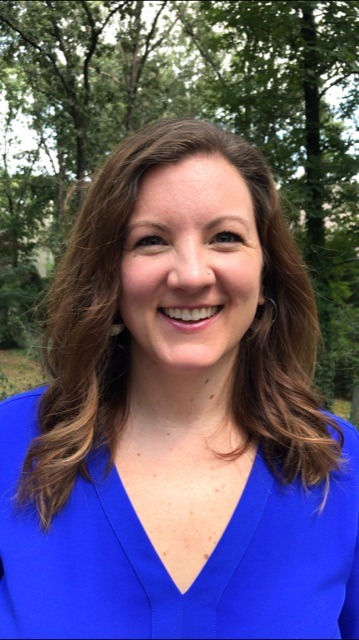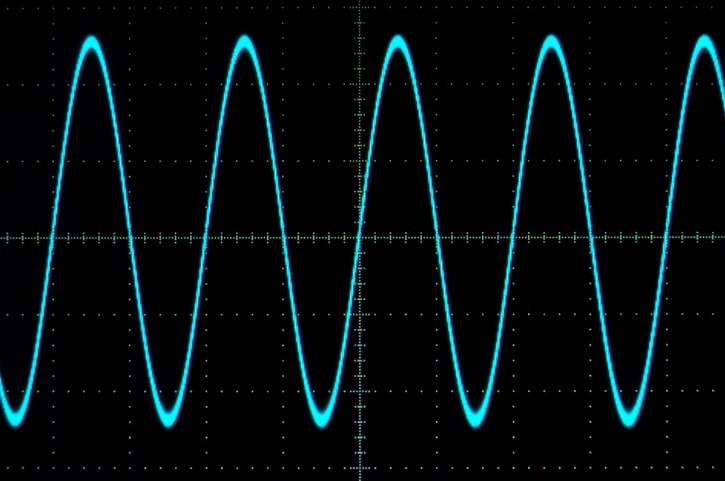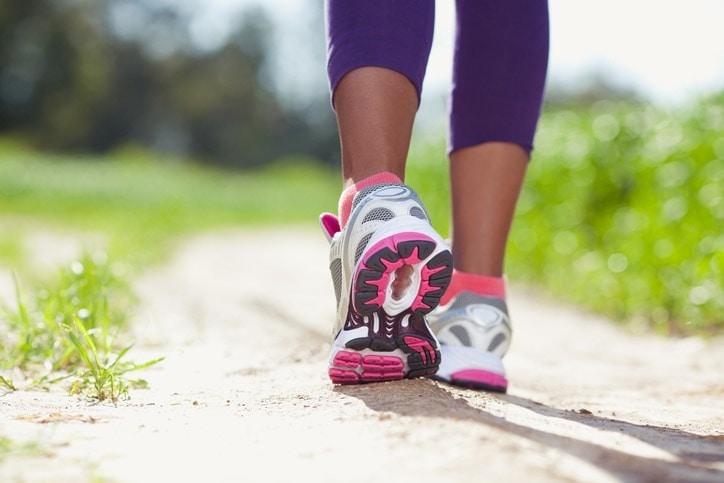/ News Posts / Returning to Center: Self-Care for Music Educators
Returning to Center
Self-Care for Music Educators
By NAfME Member Christa Kuebel
Christa Kuebel presented on “Returning to Center: Self-Care for Music Educators” during the NAfME 2021 PreK–12 Learning Collaborative in February 2021.
Think about how you move through landscapes, through time zones, across boundaries—and you are you, regardless. Picture yourself as the center that holds no matter what changes occur in your life. Keep moving.
–Maggie Smith, @maggiesmithpoet
What comes to mind when you read this quote? Do you think of the different roles you have encompassed in your life? Do you think about different physical places in which you have lived, worked, taught, or studied that have brought you to where you are today? Do you think about the ways in which you have transported yourself through music-making?
Now what do you think of when you focus on the phrase “center that holds”?
While my interpretation may be different than Smith’s intent, I think of the poet’s description of “the center that holds” as a way to consider the value of taking care of oneself.
An image I conjure when thinking of this “center” is a sine wave, the up and down wavy line you’ve surely seen in textbooks or used when explaining the science of sound. Through the center of the waves, you commonly see a straight horizontal line. I think of the ups and downs of the wave as the stressors we face in life; both those we face as we move through landscapes, time zones, and boundaries, as well as those we experience on a daily basis. The straight line is my center, where I aim to stay or return to when dealing with these stressors. When I am able to engage in regular self-care practices, I find I am able to more confidently hold onto or return to my center through the ups and downs, resulting in less intense ebbs and flows, less stress, defensiveness, and self-doubt.
Considering our self-care is important in order help us to avoid prolonged stress which might lead to burnout, a common occurrence among music educators. It might also help us to more easily identify when we are stressed, resulting in an easier return to center and feeling our best.
Consider the following ideas for self-care, all of which have limited costs and unlimited ways you might personalize the suggestions for what works for you.
- Move your body: from a solo dance party to weightlifting, move in a way that feels good to you.
- Practice healthy sleep habits: create a bedtime for yourself or maybe for your phone/devices.

iStockphoto.com | alvarez
- Eat enough and frequently: whether you skip meals or “stress eat,” consider how these choices impact how you feel.
- Limit caffeine: instead of relying on caffeine, try extra water, movement, or a snack to give you the boost you need.
- Disconnect from social media: even just a short break can give some mental clarity and provide time to engage in other activities.
- Spend time outdoors: whether you reside in a city or rural environment, a few moments outside might boost your mood.
- Organize your workspace and calendar: if clutter equates to stress and procrastination, take five minutes to tidy; the same might apply to your calendar—book time to make phone calls or plan smaller blocks of time to work on bigger projects.
- Take regular breaks when working: taking a few moments away from your computer or workspace can be helpful for your eyes and mental clarity.
- Connect with someone who makes you feel good: send a text to someone you have been thinking of or stop by a colleague’s classroom to say hello.
- Identify three things for which you are grateful.
- Set a 5-minute timer and just breathe.
Another helpful way to return to center is a quick Mental Health Check-in. Next time you are feeling “off,” try asking yourself these questions:
- How am I feeling (mentally and physically)? What do I need?
- What’s taking up most of my headspace?
- When did I last eat a whole meal?
- Am I tired?
- What will I engage in today that will bring me joy?
If you are experience high levels of stress that need attention from a mental health or medical expert, try these resources:
- National Alliance on Mental Illness
- Psychology Today
- Search for a mental health expert in your area by zip code and insurance provider
- Crisis Text Line—Text HOME to 741741
- Get connected to a mental health expert immediately via text
Find your center, keep moving, and take care.
About the author:
 NAfME member Christa Kuebel PhD is assistant professor of music education at University of Central Arkansas. She focuses her research on music teacher preparation and early childhood music education. Kuebel has taught choir, band, and general music for students in preschool through junior high in Illinois, China, and Poland. She also teaches early childhood music education classes to children four and under.
NAfME member Christa Kuebel PhD is assistant professor of music education at University of Central Arkansas. She focuses her research on music teacher preparation and early childhood music education. Kuebel has taught choir, band, and general music for students in preschool through junior high in Illinois, China, and Poland. She also teaches early childhood music education classes to children four and under.
Did this blog spur new ideas for your music program? Share them on Amplify! Interested in reprinting this article? Please review the reprint guidelines.
The National Association for Music Education (NAfME) provides a number of forums for the sharing of information and opinion, including blogs and postings on our website, articles and columns in our magazines and journals, and postings to our Amplify member portal. Unless specifically noted, the views expressed in these media do not necessarily represent the policy or views of the Association, its officers, or its employees.
July 6, 2021. © National Association for Music Education (NAfME.org)
Published Date
July 6, 2021
Category
- Teacher Self Care
Copyright
July 6, 2021. © National Association for Music Education (NAfME.org)








